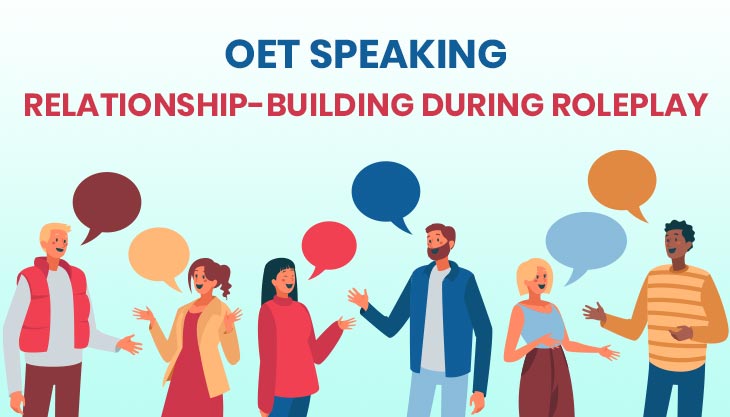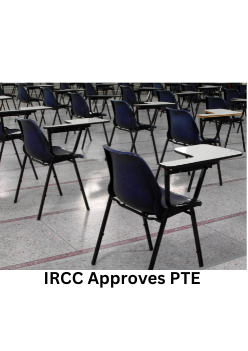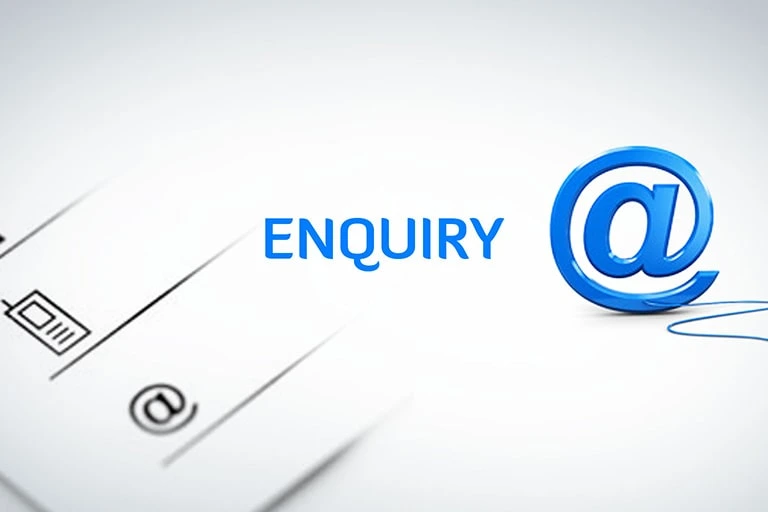INTRODUCTION
The OET or Occupational English Test is an English language proficiency test for health professionals, looking to register and practice in English-speaking countries, or for academic purposes. All the OET tasks are designed to test your ability to communicate in English, via Reading, Writing, Listening and Speaking.
Here at Hurray, we offer OET Online Courses in Bangalore. Individual-oriented and flexible, and bolstered by our 8 years of experience, you will find our OET online course to be well-suited to your needs – with the benefit of accessing it from wherever you are!
OET SPEAKING TEST: ROLE-PLAY
The OET speaking test is designed to test your ability to communicate via speaking, in a professional context. The test is profession-specific, in that you will be given tasks specific to one of the 12 healthcare professions covered by OET, as per your registration. This is based on the understanding that each profession has specific communication requirements.
The test is conducted by an interlocutor, individually. It begins with brief introduction and conversation. The main tasks are in the form of role-plays. In the role-play, you will play the role of the healthcare professional, while the interlocutor plays the role of patient/client/patient’s relative or carer.
You will be given a card, explaining the situation, which is based on realistic workplace situations. You will be given 3 minutes to prepare. There are 3 tasks in total.
The criteria, based on which you are tested, consists of 2 categories – Linguistic and Clinical. Linguistic criteria include those related to using the language – including intelligibility, fluency, appropriateness of language and resources of grammar and expression. Clinical criteria are related to how you engage with a patient or other person in the context of a clinical situation.
Of these, ‘Relationship-building’ is one of the most important. Based on information from Hurray’s expert trainers – available to offer you the best online OET coaching in Bangalore – we have put together some ways in which you can fulfil this criterion.
BUILDING A GOOD RELATIONSHIP
The sub-criteria for ‘Relationship-building’ include:
- Introduction and greeting
- Attentive and respectful attitude
- Non-judgmental approach
- Empathy
All of these criteria must reflect across your interactions with the patient – summed up as GELCERAI:
Greet – the patient, in a bright and positive manner, while maintaining the decorum appropriate to the clinical setting.
Enquire – about the reason for the patient’s visit. Show that whatever the reason may be, you understand that it is important and that he has your full attention.
Listen – attentively to everything the patient has to say. Do not interrupt. Maintain a neutral, but appropriately concerned expression.
Clarify – build on the information/thoughts the patient already has to gain more information.
Explain – the situation to the patient. Be honest and clear. Do not use over-complicated language likely to incite fear, but do not sugar-coat your language either.
Reassure – the patient that his concerns are valid. Do not downplay or belittle his concerns.
Advise – the patient of everything that can be done by him and/or by you. Let the patient know that there are options/choices available where relevant, and be honest about the realities of all the options.
Invite – follow-up questions, clarifications and concerns, to further reassure the patient that his thoughts are valid, and that you will take the lead from him where relevant.
Read on for examples on how to put these criteria into practice, during your speaking test. The situation chosen is based on genuine OET material.
Situation: 45-year old male patient suffered from a heart attack (mild anterior acute myocardial infarct) two weeks ago. Recovery was uncomplicated. The patient is now concerned about his long-term process of recovery.
Doctor: Good afternoon Mr Smith! How are you?
Patient: Good afternoon doctor. I’m doing okay.
D: What can I do for you today?
P: I am pretty worried doc. It’s been a couple of weeks since the heart attack, but I still feel so tired all the time, and I’m worried things are never gonna improve.
D: I understand your concern completely – having a heart attack does take quite a toll. Tell me more about how you have been feeling.
P: Well, it’s a struggle to get around, particularly when I have to climb the stairs to my bedroom. I feel tired pretty quickly.
D: I understand. For a few weeks after a heart attack, fatigue and weakness are very common. Tell me, have you been able to get in any exercise?
P: No doc, my wife - she’s been coaxing me to go for a walk with her… but I’m scared. They told me that over exertion could bring on a second attack, and I’m worried I may not get out of that one. I usually am a runner and I enjoy a spot of gardening. I do want to get back to it, but I’m worried. What do I do?
D: Your concerns are absolutely normal - it is to be expected that your energy levels are low right now. However, exercise and physical activity are essential to your recovery - they will help you slowly build up your strength, making everyday exertions easier as well. And in fact, the right amount of exercise will help protect you from a future attack. Of course, you must not push yourself so hard right at the very outset. There is an excellent cardiac rehabilitation programme at St Mary’s Hospital. It’s a kind of physical therapy - you will be able to exercise under supervision, as you regain your strength. It will help you alleviate your fears of over-exertion as well, as you will have someone watching to tell you how much is good for you. Is this something you would like to try? I think it would help a great deal.
P: Yes doc, that sounds good. How do I get into it?
D: I will put in a recommendation for you. I’ll ask Nurse Scott to give you a brochure for the programme before you leave, so you know what to expect.
P: Thanks doc. This sounds good.
D: I’m sure it will be. Do you have any other concerns? Anything you would like clarified?
P: No, I think I’m good.
D: Alright then. I will call St Mary’s about getting you into the programme. We will get in touch with you soon. If any other concerns come up, give us a call – if not, I’ll see you for your scheduled check-up in 2 weeks.
P: Thanks a lot doc.
CONCLUSION
Once you enroll in our OET Online course, you will benefit first-hand from tips like these, and several more, from our expert and experienced trainers! All you need to do is fill out the registration form featured at the top of this page.
You can also reach out to us via email: info@hurrayedutech.com or call us on: 8971357938, for any queries you might have about our OET Online Courses in Bangalore.











Post Comments